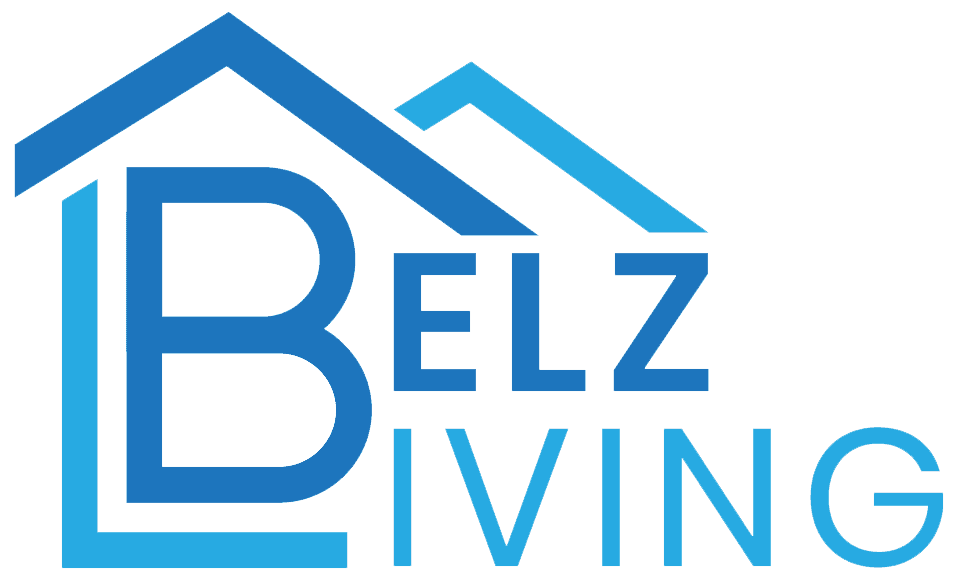It’s easy to focus on the price tag, but how do you know if a deal is really a home run? You run the numbers! When analyzing deals, we attempt to underwrite conservatively. We take various charges into account each month regardless if they occur or not. We plan for vacancies, repairs, replacement reserves (funds allocated towards bigger expenditures like roof, AC/furnace, parking lot, etc), utilities, legal costs and more. We try to ‘kill the deal’. Including misfortunes that could happen to the property yet still seeing a positive cashflow at the end of the month represents a good deal!
Underwriting conservatively allows us to create a business model that ensures profitability in most market conditions.Since the real estate market is cyclical, underwriting with all four phases in mind is critical: recovery, expansion, hyper supply and recession. So let’s dive deeper into the assumptions.
We’ll use a four plex renting each unit at $1,000/month as an example.
The monthly income we calculate is$3,840, assuming a 4% vacancy. Now let’s use an operating expense of 30% of the monthly income or $1,152. This amount covers property managers, repairs, property taxes, insurance, replacement reserves, utilities and professional services (lawyer, CPA, etc). We now have$2,688 left to pay the mortgage and ourselves. In this example the property was purchased for $615,000 with 25%down using a 30 year fixed mortgage at5%. When absolutely everything is paid, you take home ~$212 a month.
INCREASE YOUR NET OPERATING INCOME
So… is this a deal? Well, what are your goals/risk appetite? Do you value stable cash flow, or less money down with more leverage? What are the regional trends?Are rents below market? Are you betting on appreciation? Rent growth? Answer these questions before investing in real estate yourself, or with others.




